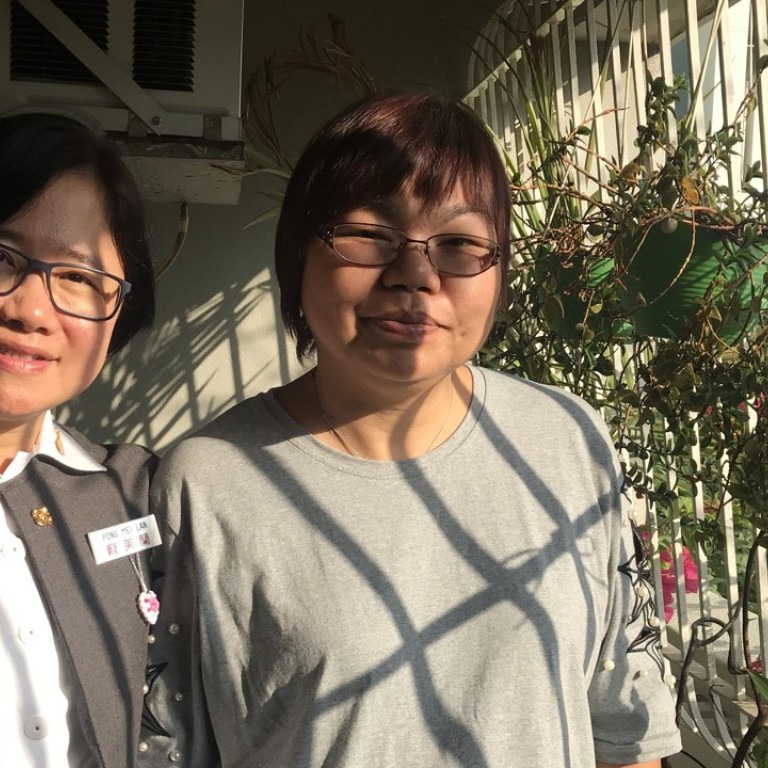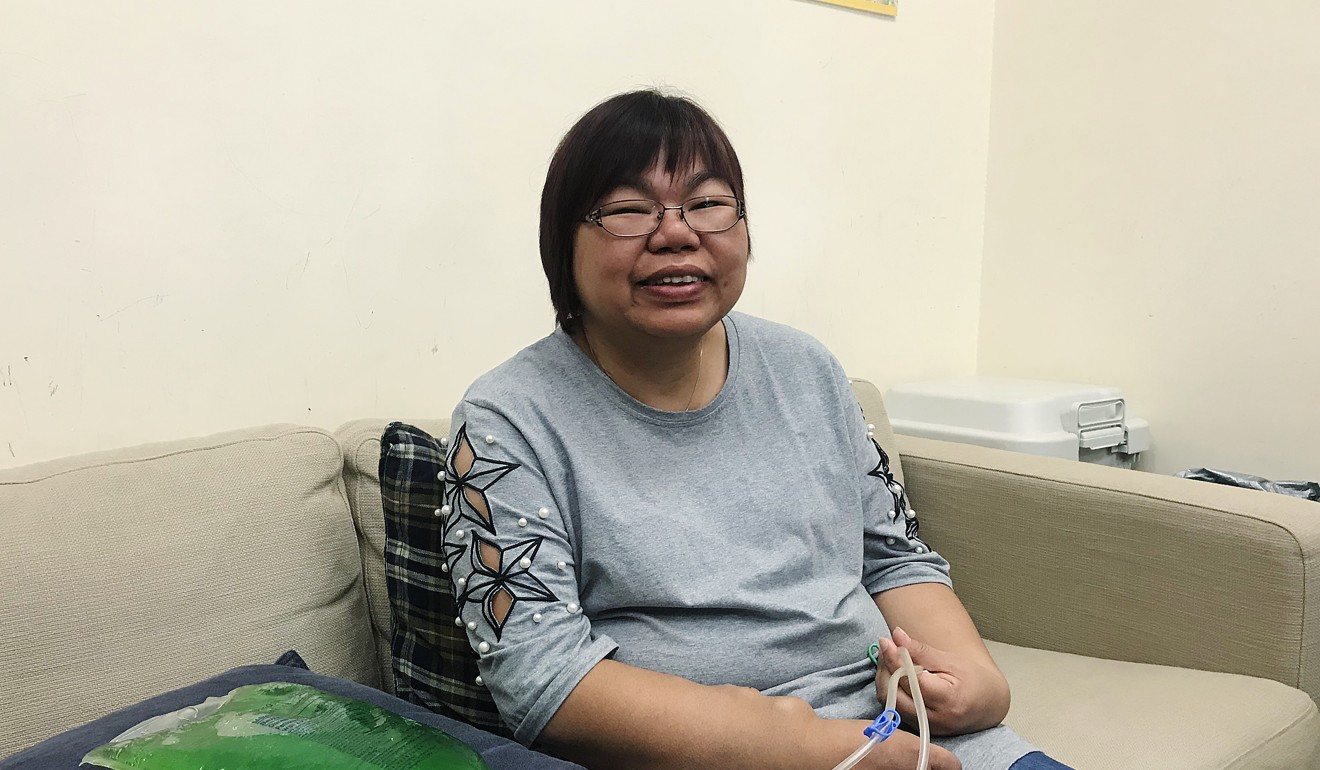
Number of elderly organ donors on the rise in Hong Kong after lifting of age limit
Oldest patient was 81 this year, triple the trend in past years
More elderly organ donors have contributed to saving the lives of others, with Hong Kong recording an increase in the number of such people aged 70 or above this year following the removal of an age limit in public hospitals.
As of end November, among 38 people who have donated their organs after their deaths, seven of them were aged 70 or above, with the oldest being 81.
Pong Mei-lan, organ donation coordinator at Queen Elizabeth Hospital in Yau Ma Tei, said this was an increase from about two persons annually in the age group from past trends.
Hong Kong government to launch review of organ donation law after teen barred from giving liver to her dying mother
“Many elderly people may think they won’t be able to contribute their organs as their health declines. But in fact they are still suitable even if they are suffering from diabetes or hypertension,” Pong said.
In April this year, the maximum age limit for donors of some organs under a set of guidelines used in public hospitals – where most organ transplants are conducted – was removed.
According to Pong, the cap on age for lung and kidney donors was lifted, while there has not been a limit for liver donation. An age limit of 70 still applies to heart donors.
“Such changes were made to align with international practices and ageing trends,” Pong said, adding that people in their 60s and 70s nowadays could still be very healthy.
Among the seven elderly donors this year, most donated three to five organs per person after their deaths, to save the lives of others.
Pong said there could be multiple reasons leading to the increase in the number of elderly donors, but the removal of the age limit was one of the causes.
Over 40,000 deaths are recorded in Hong Kong annually, but only 100 to 120 of these involve brain deaths, meaning the complete and irreversible loss of brain function, while other organs can still work for a period of time with the aid of a breathing machine. Only under such conditions can organ donation be viable.
Hong Kong group calls for simpler organ donor registration procedures
For Wendy Law, a chronic kidney disease patient who has been relying on haemodialysis for the past five years, the lifting of age limits for organ donors gives her more hope.
“My biggest Christmas wish is to get a new pair of kidneys ... I really hope to go travelling,” Law, who is also the vice-chairwoman of Queen Elizabeth Hospital’s Renal Support Group, said.

Currently, with the need to undergo a five-hour blood purifying procedure twice a week at the hospital, travel is beyond her reach.
Her condition has motivated her to be an active advocate for organ donation.
“Donation from one person can prolong the lives of six people,” she said.
So far more than 278,000 people have opted to be on the government’s centralised organ donation register.

